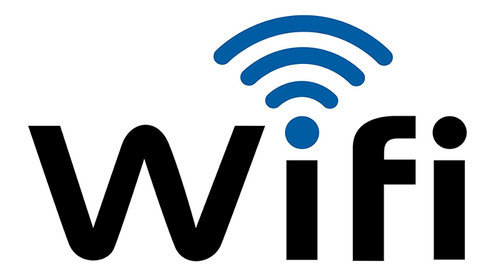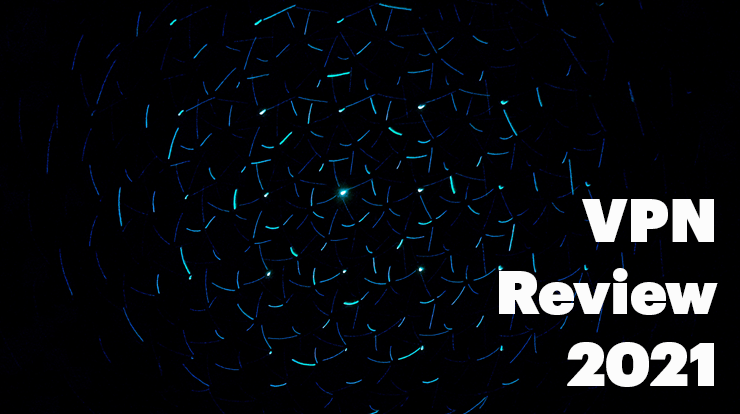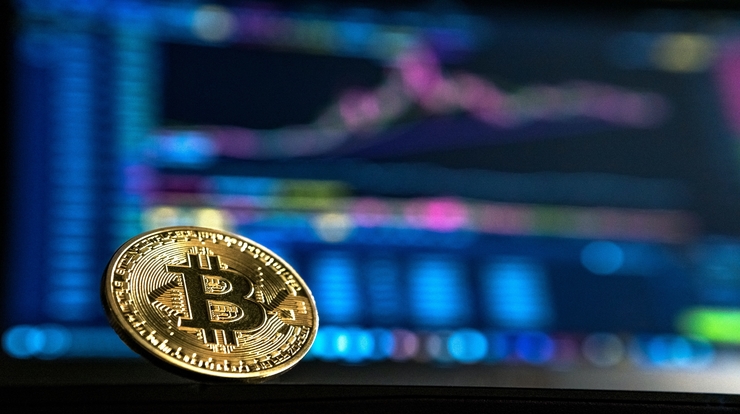The world is opening back up, and travel is becoming more frequent. This in itself is fantastic. However, it does increase our use of public WiFi. Be it at an airport, restaurant, hotel, or conference room — how can you use public WiFi, without putting your device, and the data on it, at risk?
What is the risk of using public WiFi?
Many individuals are not aware that using public WiFi even puts them at an increased risk for digital threats. To understand the need for change or better WiFi hygiene, you first must understand the danger. While using public WiFi, we are transmitting all of that data over a public network. Meaning, anyone on that same network, could easily intercept that data. How? By simply having the same password.
Now let’s think this through a bit. Say you are traveling for work and realize you forgot to pay your cell phone bill, you may hop online while waiting at the terminal to pay it. If you’re on public WiFi and have no additional layers of security in place, you’re putting your payment information and login credentials at risk.
Now, let’s say you’re at a local café and they have password protected WiFi. You’re safer, right? {Un}Fortunately, that password is placed at every single table. This makes it very easy for you to get on the network, and equally easy for anyone who may want to intercept your credentials and payment information for your cell phone bill.
The Solution
First, use a VPN. VPN stands for Virtual Private Network. It works by replacing your device’s IP address with one within the VPN service while also encrypting your data. Okay — now in laymen’s terms. It hides your location, so instead of showing your IP address as the café or airport, it may show your device as being located anywhere from Sydney to Orlando. Additionally, your data is encrypted — meaning it’s basically scrambled into an unreadable format while it travels over a public network. So, if someone where to intercept it before it reached its intended recipient, they wouldn’t be able to do anything with it, as it is unreadable. If you don’t already have a VPN, check out our 2021 review of the top five VPNs.
Second, always be cautious about what you’re sharing over a public network. If you are using a VPN and have a security solution installed on the device, you’re risk has been minimized. However, that does not mean you should be spending hours using a public WiFi connection to pay your monthly bills, do a little back-to-school shopping, and balance your checkbook.
Stay safe out there!




